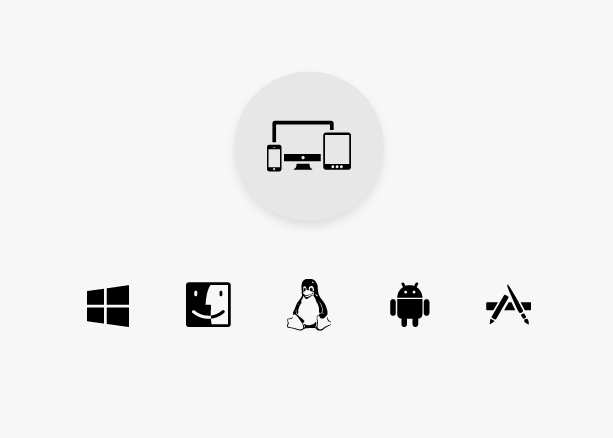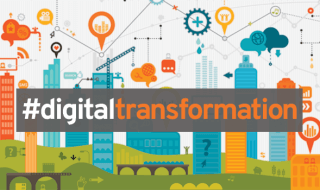Computer software plays a pivotal role in our modern digital age, powering everything from personal computers to smartphones and complex enterprise systems. The Vave of technological advancements has propelled the evolution of software, leading to increased functionality, improved user experiences, and the emergence of new legal considerations. In this article, we will explore the fundamental aspects of computer software, its evolution over time, and the legal landscape surrounding its development and usage.

Computer software is a collection of programs, data, and instructions that enable computers to perform specific tasks. It encompasses both operating systems and application software. Operating systems, such as Windows, macOS, and Linux, manage computer hardware resources and provide a platform for other software applications to run. Application software, on the other hand, serves specific purposes, such as word processing, image editing, or financial management.
Over the years, software has undergone significant evolution in terms of functionality and user experience. Early software programs were often simplistic, with limited capabilities. However, advancements in computing power and programming languages have enabled the development of more complex and feature-rich software applications. Today, we have sophisticated software that can perform intricate tasks, ranging from artificial intelligence algorithms to virtual reality simulations.
The evolution of software can be attributed to various factors. Technological advancements have been a driving force, with improvements in hardware capabilities, such as faster processors and increased memory, enabling the execution of more resource-intensive software. Additionally, the evolution of programming languages and development frameworks has empowered software developers to create more sophisticated applications with greater ease and efficiency.
As software has become increasingly integral to our daily lives, legal considerations surrounding its development and usage have also come to the forefront. Intellectual property rights play a crucial role in the software industry. Developers and companies seek to protect their software through copyrights, patents, and trade secrets. These legal protections help safeguard the innovative ideas and code that form the foundation of software applications.
Furthermore, software licensing and distribution agreements define the terms under which users can use, modify, and distribute software. Open-source software licenses, such as the GNU General Public License (GPL), allow users to access and modify source code freely, fostering collaboration and innovation. Proprietary software licenses, on the other hand, restrict the use and distribution of software and often require payment or adherence to specific terms and conditions.
As software has become increasingly pervasive, concerns about security and privacy have emerged. The rapid growth of software applications connected to the internet, such as cloud-based services and mobile applications, has raised questions about the protection of sensitive data and the prevention of cyber threats. Legislation and regulations, such as the General Data Protection Regulation (GDPR), aim to safeguard user privacy and ensure responsible data handling practices by software developers and service providers.
The advancements in computer software have transformed industries, revolutionizing how we work, communicate, and access information in the digital era. From the early days of basic programming languages to the current era of sophisticated artificial intelligence algorithms and cloud-based applications, software has reshaped the world as we know it. With the rise of mobile computing, software has become more accessible and portable, enabling users to carry powerful tools in their pockets. However, along with the benefits come new challenges. The rapid pace of software development requires ongoing updates and security measures to address vulnerabilities and protect against cyber threats. As software continues to evolve, it will undoubtedly shape our future and influence the way we interact with technology on a global scale.
In conclusion, computer software has experienced remarkable growth and evolution, driven by technological advancements and the ingenuity of software developers. From simple programs to sophisticated applications, software has become an integral part of our daily lives. As the software landscape continues to evolve, legal considerations, such as intellectual property rights, licensing agreements, and privacy regulations, must adapt to ensure a fair and secure digital environment for all users.



